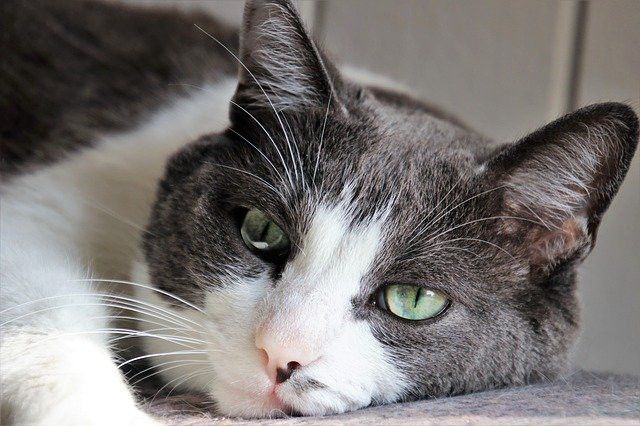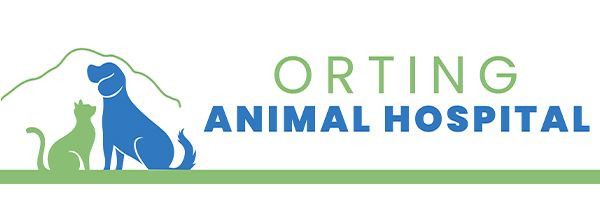Common Yet Unexpected Household Poisons: Info from a Veterinarian in Orting
The World Wide Web is a wonderful place to educate yourself regarding your feline friend or canine companion's care needs. After all, having a wealth of pet care information at your fingertips in your pocket makes it easier to understand your cat or dog. However, quite a few dog and cat owners are unaware many common items pose a threat to their four-legged family members. Almost everyone is aware that chocolate and human medications are poisonous to companion animals, but there are several other household items that are equally unsafe. Since this month is National Pet Poison Prevention Month, it's a fantastic time to find out more about some common yet unexpected dangers. Please read on to learn about some things you might not recognize could hurt your pet.

1. Xylitol
You may not think you have xylitol in your home, but you most likely do. It is an increasingly common synthetic sweetener used in sugar-free products, especially gum and candy. However, it isn't so sweet for pets. If ingested, Xylitol could cause your pet's blood sugar levels to drop. It has also been linked to life-threatening liver damage. With manufacturers using this ingredient more frequently, it is turning up in new foods and snacks regularly. Even certain peanut butter contains xylitol. Be sure to read labels before giving your canine companion or feline friend people food!
2. Grapes and Raisins
You and your kids may enjoy snacking on grapes and raisins, but they're unsafe for pets. Scientists aren't quite certain what makes these fruits are so dangerous to pets, but even eating only a few grapes or raisins might cause kidney failure.
3. Indoor Plants
Pets and plants are generally not a great mix. A lot of prevalent indoor plants are poisonous to cats and dogs and can cause problems ranging from minor nausea to severe organ damage and even death. Aloe, snake plants, dracaena, and philodendrons are just a few of the plants that are known to harm companion animals.
Caring For Pets Who Have Ingested Toxic Substances
Seek immediate veterinary assistance if you ever think your cat or dog might have ingested or been exposed to a toxin or poison. An exam is essential even if your pet does not have any symptoms. For further guidance, contact the Pet Poison Helpline.
When your four-legged best friend needs a veterinarian in Orting, reach out to Orting Animal Hospital. Our caring team provides both wellness care and sick care and will give your pet the care they need. To find out more or set up an appointment, please call now.

When you subscribe to the blog, we will send you an e-mail when there are new updates on the site so you wouldn't miss them.






